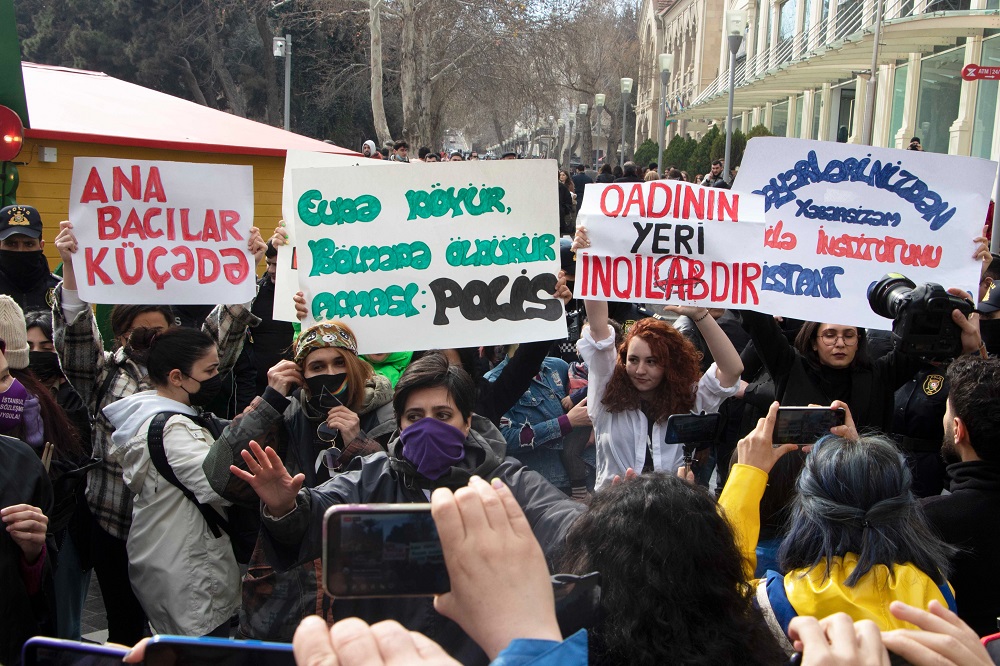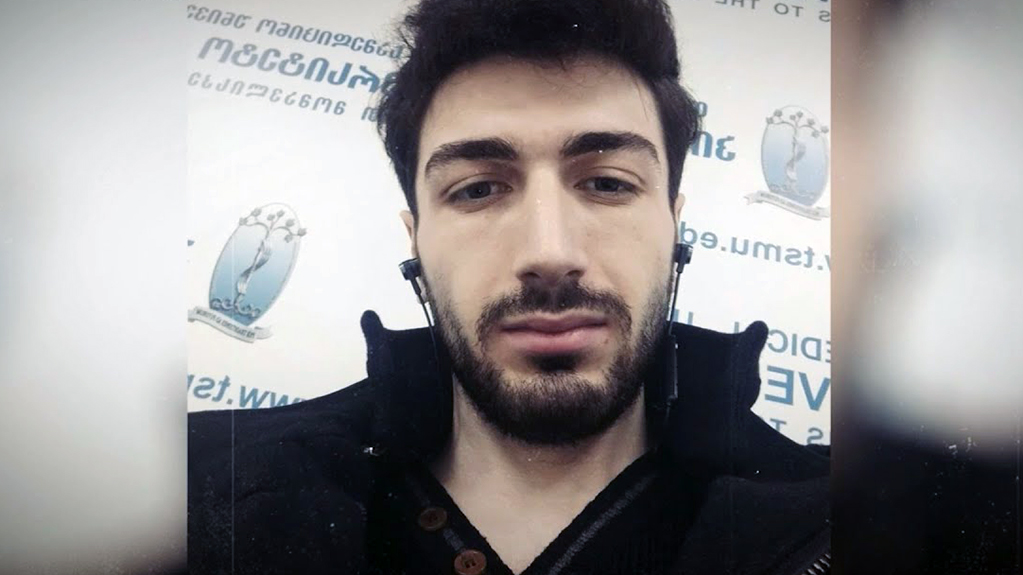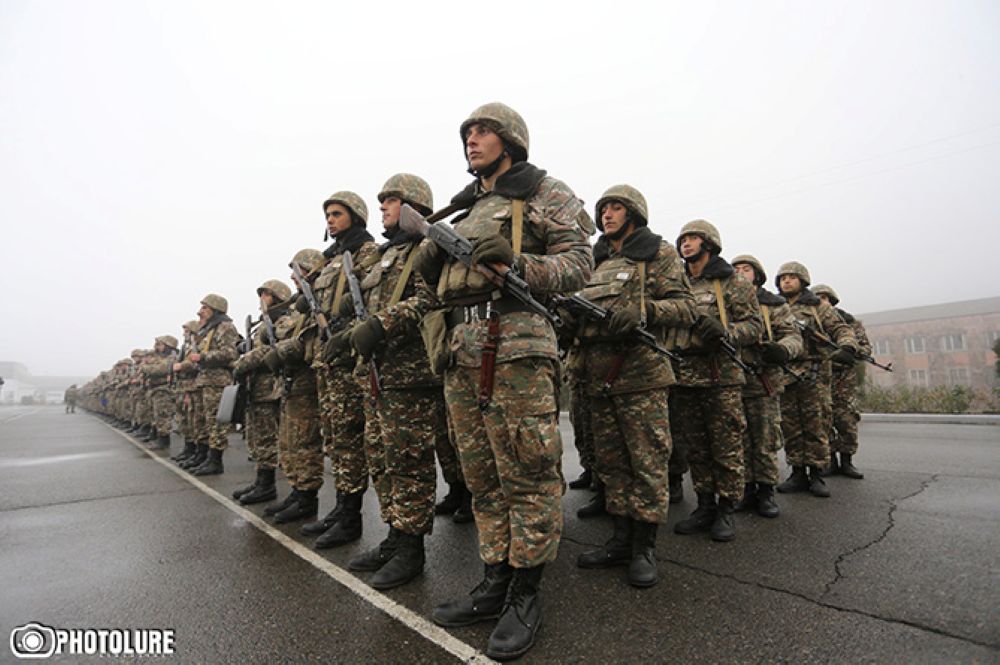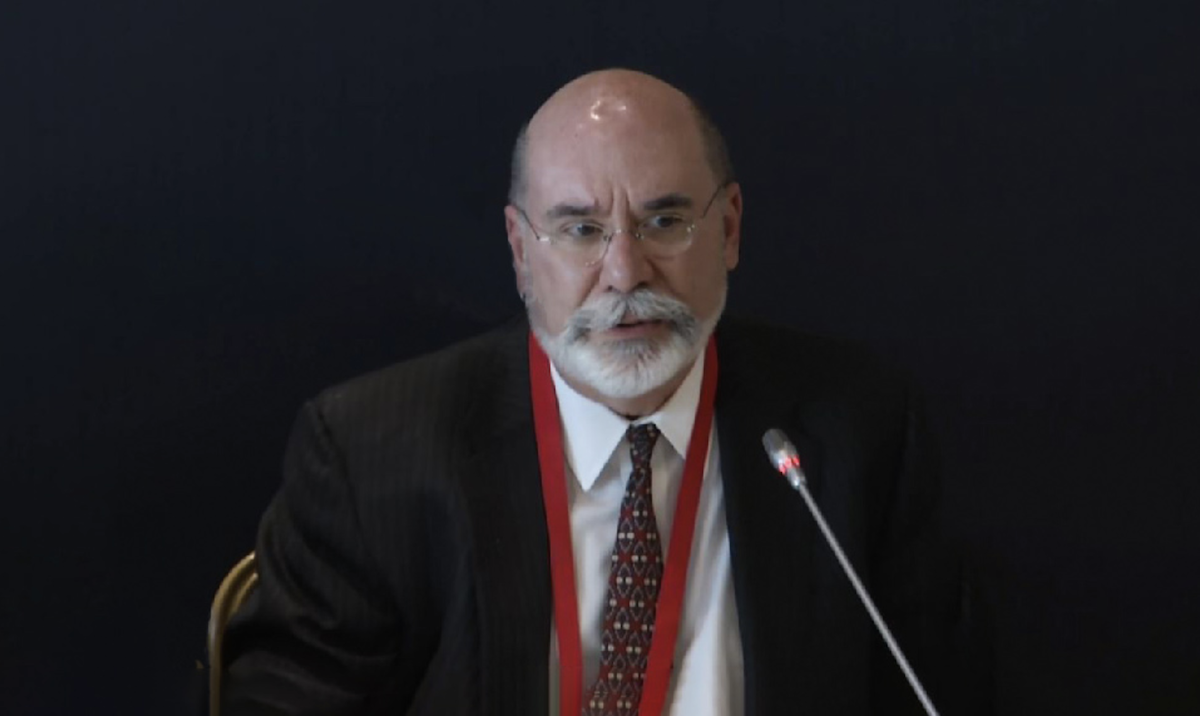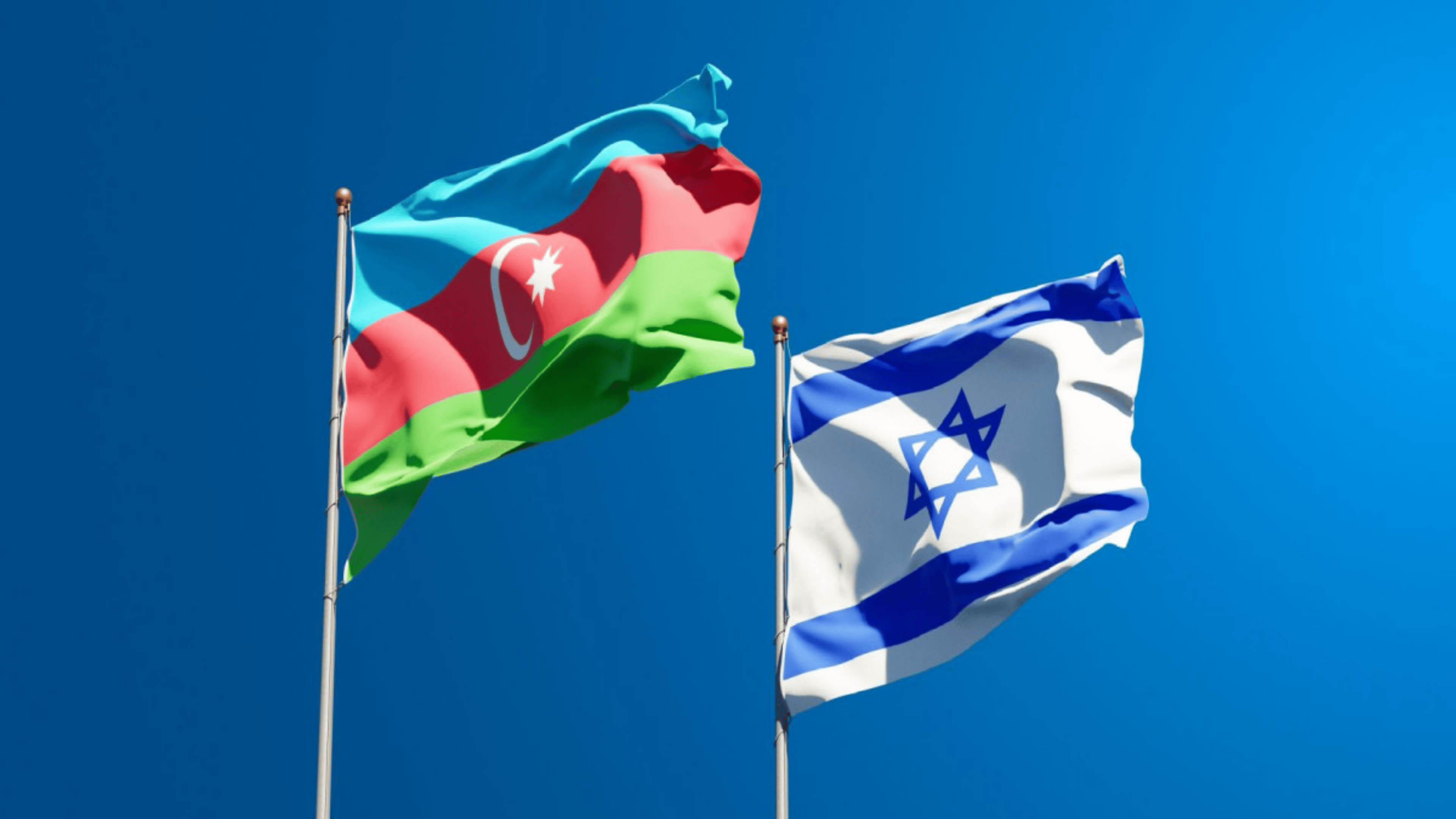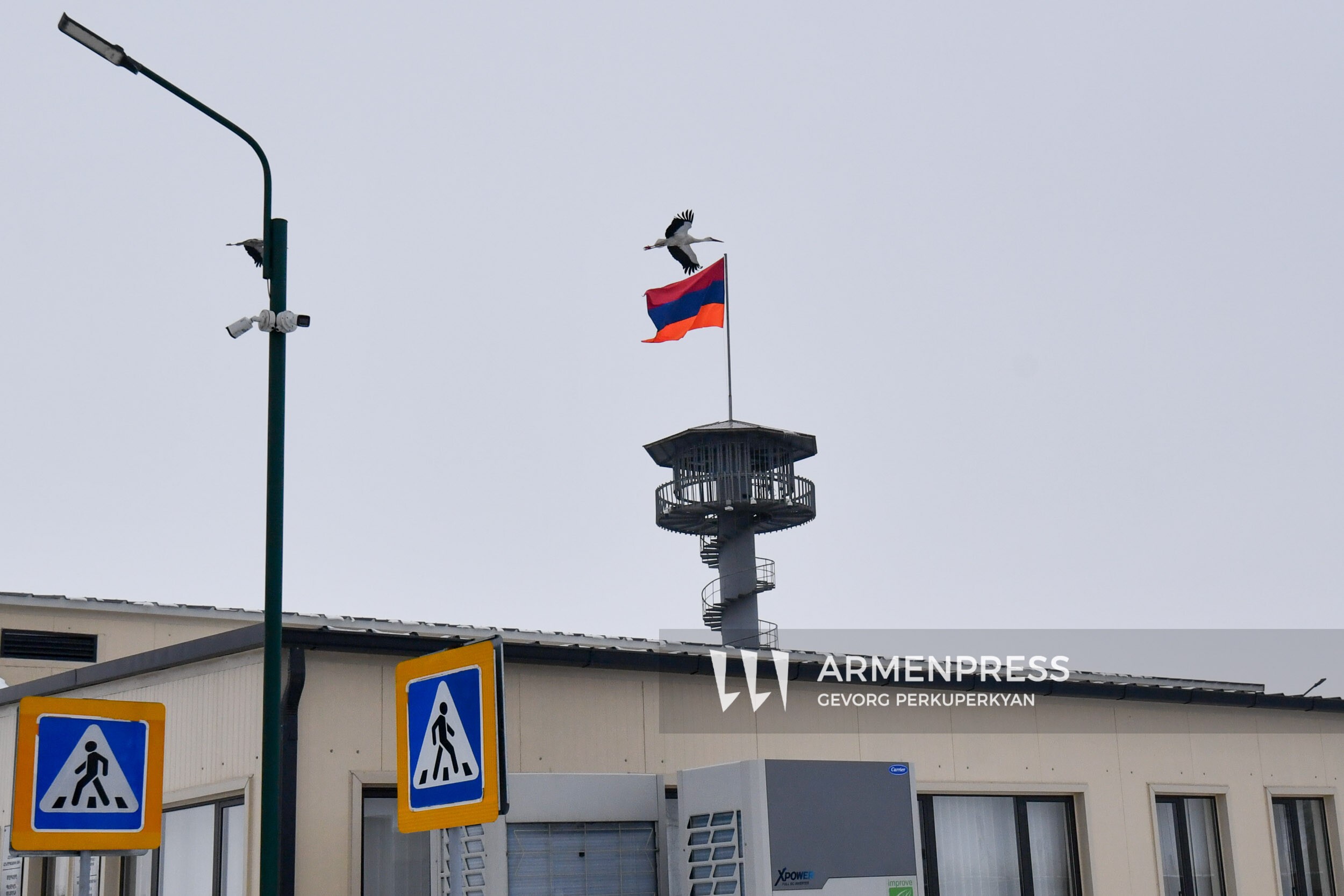Freedom House 2021 report: Azerbaijan listed among countries with consolidated authoritarian regimes
Azerbaijan an unfree country
The Human Rights Watch and Freedom House have published their traditional annual report on Azerbaijan for 2021. In its report, the FH classified the country as a consolidated authoritarian regime, and also called Azerbaijan an unfree country. The HRW report reflects a detailed analysis of topical problems for this state of the South Caucasus.
- Human Rights Watch 2021 report: a setback for Georgia
- Armenian experts on anti-Russian sanctions Moscow might withdraw troops from Karabakh
A 2021 Human Rights Watch report notes that after the six-week war between Azerbaijan and Armenia in Karabakh, the parties are largely respecting the ceasefire, but the situation on the front line remains fragile and at times, armed clashes occur between the parties to the conflict.
Azerbaijan has begun reconstruction work in the territories which returned under its control as a result of the second Karabakh war, the report says. At the same time, the document emphasizes that on the front line, ethnic Armenians face the risk of being injured and captured in the course of agricultural work. HRW believes that all this “necessitates international involvement in determining the long-term status of Nagorno-Karabakh”.
In March 2021, about 40 opposition and religious activists, journalists, human rights activists and those whose arrests could have been politically motivated were pardoned by a presidential decree. But many people are still incarcerated on trumped-up charges due to the government’s continued policy of stifling the opposition and other critical voices, the report says.
It also points out that despite the decrease in tension between the government and the political opposition after the start of the war, the government’s tough stance on alternative opinions remained unchanged. Laws restricting the free operation of non-governmental organizations (NGOs) are still in force. During 2021, a lot of information about cases of torture and inhuman treatment had been spread.
Mined areas and prisoners of war
The report of Human Rights Watch also mentions the August statement of the Prosecutor General’s Office of Azerbaijan, which notes that after the establishment of a ceasefire in the territories returned under the control of Azerbaijan, 23 civilians were killed and 36 were injured from mines laid by the Armenian armed forces. Among them were two Azerbaijani journalists.
Mined areas remain in all seven districts that have returned to the country’s control.
In 2021, Azerbaijan returned over 100 captured military personnel and civilians to Armenia. In September, the Armenian side announced that 41 prisoners of war and 4 civilians remain in custody in Azerbaijan. Their exact number is unknown. Azerbaijan does not recognize them as prisoners of war, the report notes.
Persecution of political opposition
The report of the human rights organization lists many facts of persecution of political oppositionists, mainly members of the opposition Popular Front Party (PFPA).
Separately, the release of one of the leaders of the Musavat opposition party, Tofig Yagublu, by changing the preventive measure to conditional, was noted. He was released due to an untimely hunger strike and a sharp deterioration in his health.
Two lawyers, Shahla Gumbatova and Irada Javadova, who are known for defending those persecuted on political grounds, have been reinstated to the bar. Prior to that, they were deprived of this right without good reason.
The names of journalist Khadija Ismayilova and blogger Mehman Huseynov were among those against whom the Azerbaijani government used the Pegasus spyware. This became known after the publication of the investigation of the OCCRP project.
Gender-based violence
HRW notes that despite the widespread occurrence of gender-based violence in the country, society is not sufficiently informed about it. Serious voids on this issue continue to remain in the legislation.
Restrictions due to the coronavirus pandemic have led to an increase in domestic violence in Azerbaijan. According to the heads of the shelters, there has been an increase in the number of women who turned to them for help.
Women’s rights advocates complain that the police do not register complaints of domestic violence, there are no adequate steps to prevent such facts, and there are serious barriers to access to shelters for women and children.
In August 2021, the country’s Prosecutor General’s Office in its report pointed to the murder of 33 women. According to women’s rights experts, most of them were killed by their husbands, partners or close relatives.
General ratings
In the Freedom House report, the level of freedoms is assessed according to several parameters: political rights and civil liberties; Internet freedom, level of democratic governance.
According to the first parameter, Azerbaijan is listed as a non-free country.
The second section assesses the level of Internet freedom in 70 countries around the world. Here too, Azerbaijan is referred to as an unfree country.
The third section measures the level of democratic governance in 29 countries from Central Europe to Central Asia. The Democracy Score includes ratings for national governance, the electoral process, independent media, civil society, the judiciary, and the level of corruption.
According to the third point, Azerbaijan is ranked among the countries with a consolidated authoritarian regime.
“Azerbaijan is ruled by an authoritarian regime controlled by one family, the Aliyevs, who have been in power for almost three decades. While occasionally taking action to appease Western critics, the government has never implemented structural reforms”, the report notes.
The extremely limited environment in which independent media operate in Azerbaijan has become even more repressive. Amendments to the media law now allow authorities to prosecute social media users for expressing opinions online.











